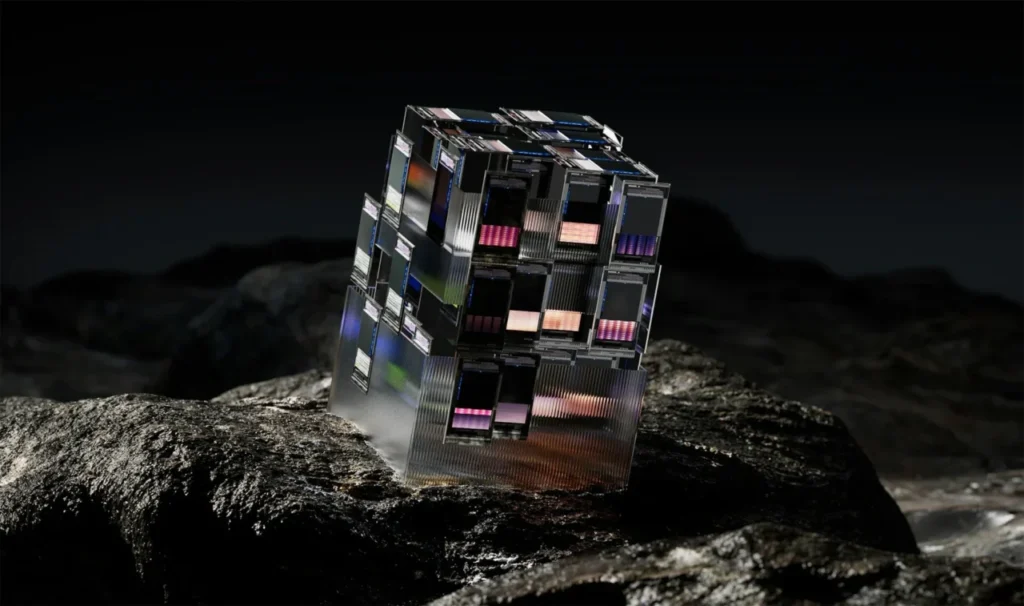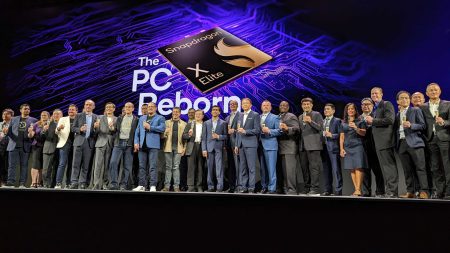A team of researchers from China has broken RSA encryption using quantum computing technology. Utilizing D-Wave’s advanced quantum annealing systems, this innovative research raises pressing concerns about the security of widely adopted cryptographic methods.Â
The findings were published in the Chinese Journal of Computers under the title “Quantum Annealing Public Key Cryptographic Attack Algorithm Based on D-Wave Advantage.†This paper highlights the researchers’ pioneering approach to not only breaking RSA encryption but also launching attacks on symmetric encryption systems. Â
The implications of these results could accelerate the timeline for when quantum computers may pose a tangible threat to traditional cryptographic frameworks. Â
Breaking RSA Encryption with Quantum Computing Â
The study was initiated by Wang Chao, a prominent researcher from Shanghai University, along with his colleagues Wang Qidi, Hong Chunlei, Hu Qiaoyun, and Pei Zhi. Their research focused on two main strategies utilizing D-Wave’s quantum computing capabilities to mount attacks on RSA encryption. Â
Source: Chinese Journal of ComputersThe first approach involved redefining cryptographic attacks as combinatorial optimization problems, specifically using Ising and Quadratic Unconstrained Binary Optimization (QUBO) models. This reformulation enabled the successful factorization of the integer 2,269,753, an achievement that surpasses prior results from other laboratories. Â
The second strategy employed quantum annealing techniques to optimize the closest vector problem (CVP), culminating in the successful factorization of a 50-bit RSA integer. These breakthroughs underscore the robust capabilities of D-Wave systems, particularly given the slow pace of advancements in quantum computing as a whole. Â
Highlights of the Research Â
The paper meticulously describes the team’s approach to integer factorization and CVP optimization: Â
Integer Factorization: By restructuring cryptographic problems, the researchers were able to leverage the D-Wave Advantage system to effectively factor 2,269,753. This is a significant milestone in demonstrating the potential of quantum computing in tackling complex cryptographic challenges. Â
CVP Optimization: The optimization of the CVP using quantum annealing not only enhances efficiency but also represents a groundbreaking moment in the quest for cracking RSA integers. The team’s success in factorizing a 50-bit integer showcases the promise of D-Wave’s technology in real-world applications. Â
These findings suggest that quantum annealing may provide significant advantages over traditional quantum algorithms, particularly in overcoming challenges like the barren plateau problem often encountered in Noisy Intermediate-Scale Quantum (NISQ) devices. Â
Current Landscape of Quantum Computing Â
The researchers contextualized their findings within the broader landscape of quantum computing. Recent breakthroughs by various institutions, including Professor Yin Hualei’s advancements in quantum-secure networks and Google’s quantum systems, remain limited when it comes to breaking encryption efficiently. The D-Wave Advantage system, however, appears to be carving out a niche that positions it favorably for public key cryptography applications. Â
D-Wave Systems Inc., founded in 1999, has consistently led the quantum computing sector. Its machines, including the D-Wave 2000Q and the forthcoming Advantage 2, operate in conditions close to absolute zero and utilize quantum tunneling to enhance optimization processes. Â Â
The efficiency of these systems is crucial for tasks involving complex computations like those needed for breaking RSA encryption.Â
Source: Read More

